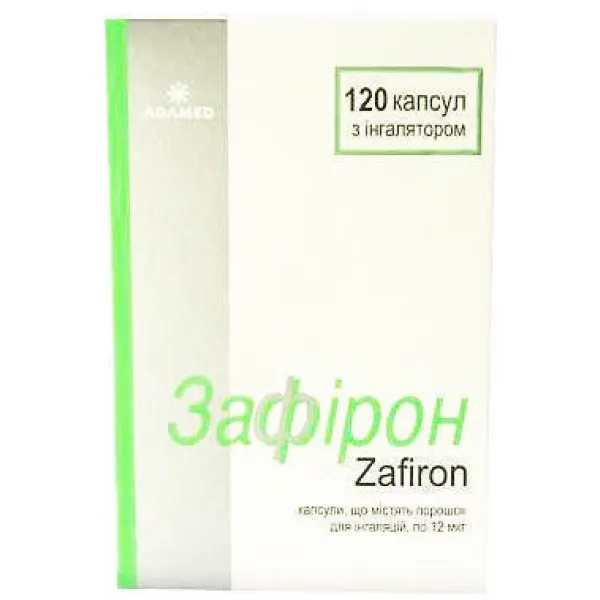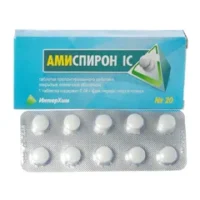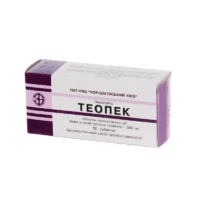Description
Zafiron (Formoterol) Capsules 12 mcg. №120 with Inhalator
Ingredients:
Each capsule contains 12 mcg of Formoterol.
Dosage:
The recommended dosage is one capsule (12 mcg) taken orally twice daily.
Indications:
Zafiron capsules are indicated for the maintenance treatment of asthma and chronic obstructive pulmonary disease (COPD).
Contraindications:
Do not use Zafiron capsules in patients with a known hypersensitivity to Formoterol or any other component of the product.
Directions:
Swallow the capsule whole with water. Do not crush or chew the capsule.
Scientific Evidence:
Formoterol, the active ingredient in Zafiron capsules, is a long-acting beta agonist that works by relaxing the muscles in the airways, making it easier to breathe. Clinical studies have shown that Formoterol provides effective and rapid bronchodilation, improving lung function in patients with asthma and COPD.
A study published in the Journal of Allergy and Clinical Immunology demonstrated that Formoterol provided superior bronchodilation compared to placebo, with a rapid onset of action within minutes of administration.
Additional Information:
- Storage: Store Zafiron capsules at room temperature away from moisture and heat.
- Side Effects: Common side effects may include headache, tremor, and palpitations.
- Warnings: Zafiron capsules are not a rescue medication and should not be used to treat acute bronchospasm.




